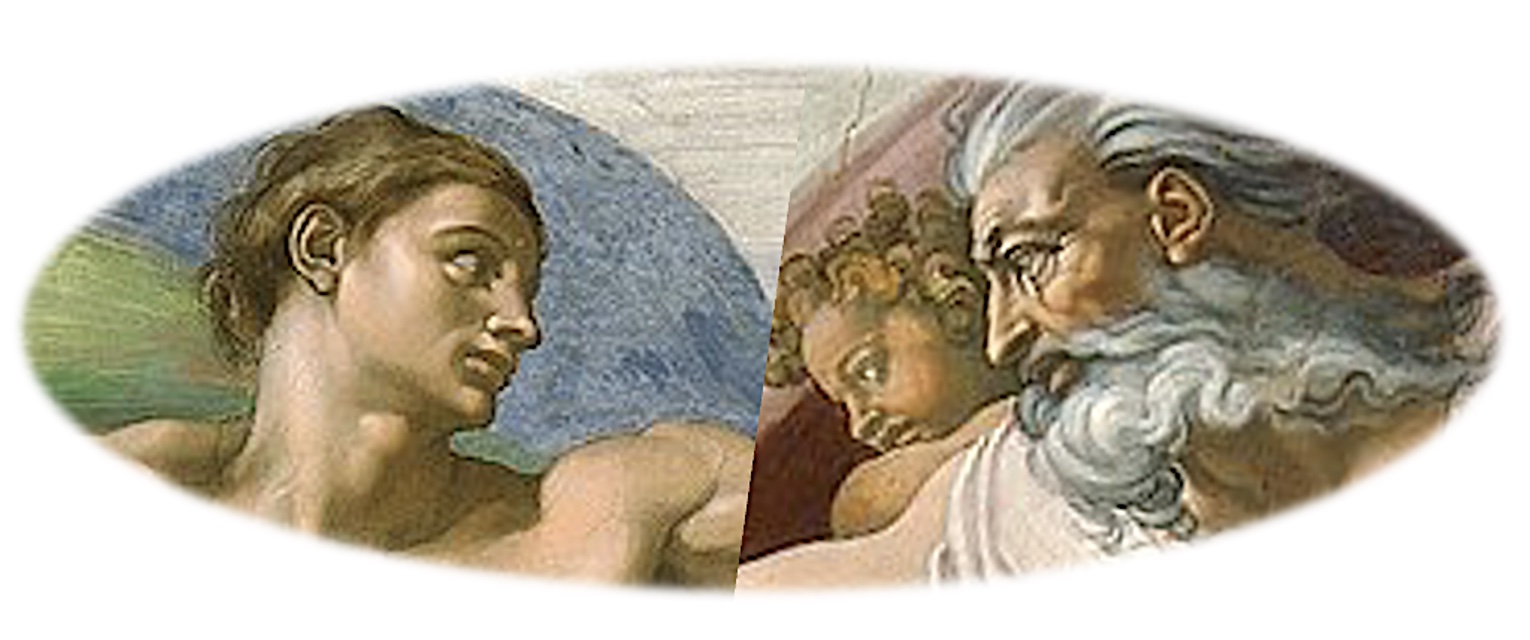The moral life unfolds between humility and autonomy. Should we view ourselves as limited dependent beings, who must accept our mortality and fragility? Or should we view human beings as free agents, who can and should take control of our own destiny?
Pope Francis directed our attention to humility in his recent discussion of the climate crisis called “Laudate Deum.” The pope says, “Let us stop thinking of human beings as autonomous, omnipotent and limitless, and begin to think of ourselves differently, in a humbler but more fruitful way.”
Francis is worried about humanity’s arrogant and rapacious relationship to the natural world. Our lack of humility can be applied to a number of contemporary moral problems. Arrogant self-assertion is imposing, cranky and violent. A lack of humility leads to hatred, intolerance, and war. It may explain a general erosion of sexual restraint that occurs when people view other people’s bodies as playgrounds for exploitation. It can explain consumer debt, drug use and other problems of self-restraint.
The pope warns us not to view ourselves as limitless or omnipotent. But we want to do whatever we want, whenever we want to. In doing so, we ignore the suffering we cause to others — and to ourselves. And we cut ourselves off from transcendent sources of meaning. Francis suggests that pride prevents us from finding God in the wonder of creation.
Human hubris has often been viewed as a moral and spiritual problem. Immoderate self-assertion has been criticized by other religious and spiritual traditions. Buddhists warn, for example, that desire and egocentric attachment cause suffering. The basic idea is that arrogance and self-importance get in the way of compassion and enlightenment.
But humility is not the only thing that matters in a meaningful life. A different approach focuses on the importance of autonomy, self-respect and a celebration of human power. Humility can become passive. It can leave systems of injustice in place, while deferring to the status quo. The celebration of autonomy, pride and ambition was behind the American revolution, as the revolutionaries basically said, “We’re not going to take it anymore.”
This kind of assertiveness inspires abused wives to leave their husbands. It encourages oppressed people to flee or fight back. Pride is connected to ambition. It is what causes inventors, artists and entrepreneurs to jump out of bed in the morning and get to work.
Autonomy is fundamental to a number of moral systems, ancient and modern. Defenders of human rights emphasize human freedom, creativity and self-determination. Autonomy is also linked to self-control. The ancient Stoic philosophers claimed that we have the capacity to control our emotions, our thoughts and our behavior. The world may cause us pain and suffering. But the Stoic philosophers claimed we could retreat to the “inner citadel” of the self, where self-mastery always remains possible.
Autonomy is about self-rule or self-government. This is a central idea for modern moral thinking, which encourages us to be self-governing. The great German philosopher Immanuel Kant said we have to have the courage to take control of our own lives. His motto was “sapere aude,” which means dare to be wise.
It is too easy to let others tell you what to think, what to believe, and what to do. But enlightenment demands that we figure things out for ourselves. Kant explained that we should obey moral laws not because they are given to us by some external authority. Rather, we need to obey moral laws which we give to ourselves.
Autonomy is an exciting value that is connected to pride, ambition and a creative and revolutionary spirit. But autonomy alone is insufficient. As Francis warns, there is a risk that in pursuing autonomy we will come to think that we are omnipotent and limitless. Of course, we are not. Human beings are fragile and fallible. We make mistakes. We depend on others. We suffer and die.
The resources of this world are not limitless. We are not omnipotent. We should respect our limits. But ambition and pride are sources of innovation and progress. The great challenge of human life is to weave humility and autonomy together in a way that encourages compassion and innovation, love and ambition, self-restraint and pride.
Read more at: https://www.fresnobee.com/opinion/readers-opinion/article281098058.html#storylink=cpy


